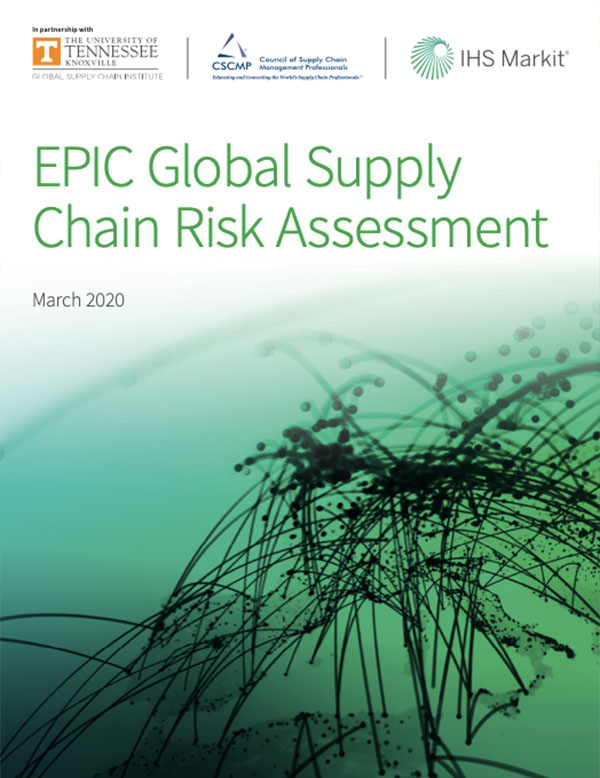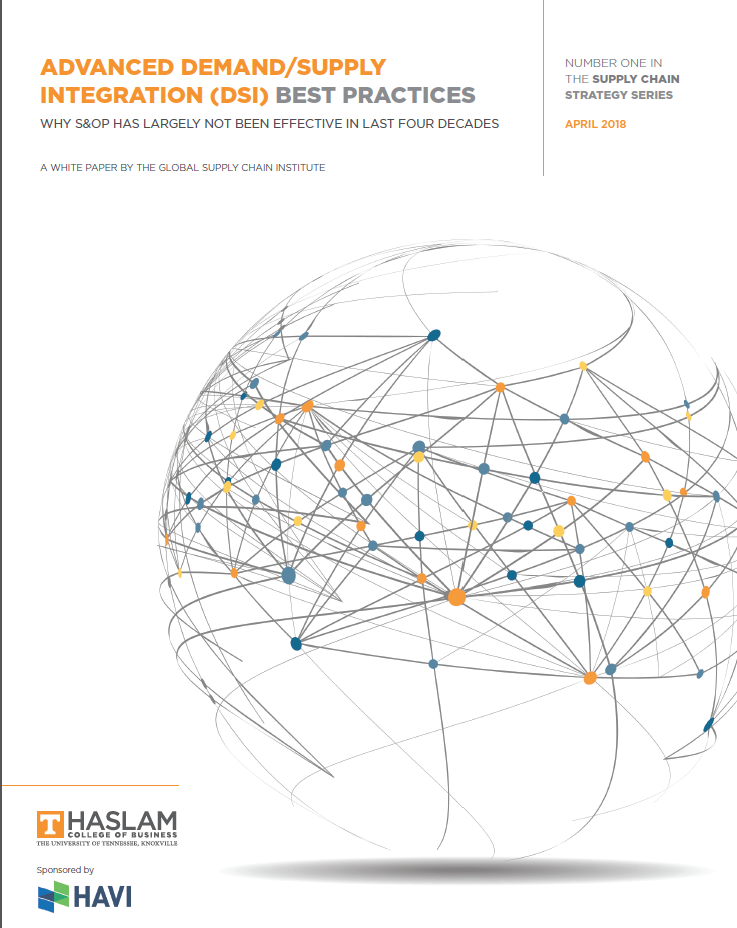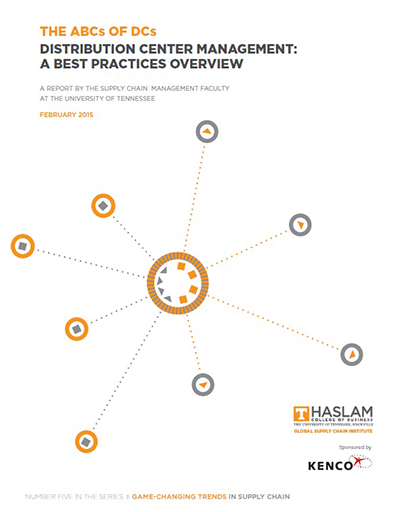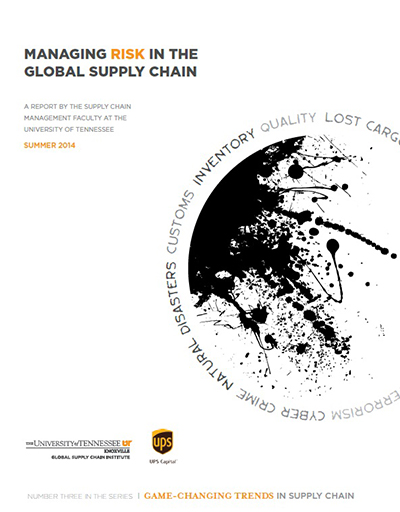Industry-Focused White Papers
Researched and written by the University of Tennessee’s highly regarded business faculty, GSCI white papers explore trends, challenges, and innovative approaches to supply chain management. Research from these white papers has appeared in leading business and industry publications such as DC Logistics, Forbes, Harvard Business Review, Supply Chain Management Review, and The Wall Street Journal.

Leadership Development for Tomorrow’s Supply Chain Planning Professionals
Supply Chain Training and Talent Considerations for the Next Generation of Leaders
Supply chain planning is central to the strategic initiatives and goals of modern-day businesses. The demand for competent supply chain professionals is higher than ever. Demand will only grow as supply chain leadership leans heavily on planners to manage change, navigate new technologies, and manage ambiguity with flexibility and skill. This white paper is the product of a year-long engagement with senior supply chain leaders. Its key findings and core competencies provide businesses with the tools to ensure success in developing supply chain planning talent for the future.

Advanced Supply Chain Planning: Leading Edge Capabilities for Future Success
A Must-Read for Today’s Supply Chain Planning Manager
For the past decade, companies have faced unprecedented supply chain challenges. In response, supply chain planning emerged as a critical priority for business leaders responding to pressures and leading transformation. This white paper explores how companies can develop a robust supply chain planning foundation today and presents seven advanced planning capabilities they will need for competitive success in the future.

EPIC Supply Chain Framework
A Global Risk Assessment & Readiness Resource
In an increasingly unpredictable world, business leaders can better assess risk by using the EPIC Report and associated EPIC Supply Chain Framework, which measures supply chain readiness from four perspectives: Economy (E), Politics (P), Infrastructure (I), and Competence (C). The authors of this white paper evaluated 64 countries from 10 geographic regions, with a particular focus on how supply chain leaders can manage risk and plan, prepare, and measure supply chain capabilities both globally and for their organizations. This report is must-read information for today’s supply chain decision-makers.

End-to-End Supply Chain Planning Frameworks, Concepts, and Best Practices
"End-to-End Supply Chain Planning Framework and Key Concepts: Why Planning is the ‘Brains’ of the Supply Chain”
In a complex global supply chain environment, the role of a supply chain planner cannot be underestimated. Increasingly, business executives are recognizing the importance of supply chain planning, with an urgency to improve systems, staffing, and processes. Supply chain leaders are adding dedicated, highly qualified supply chain planners to eliminate waste as well as to lead and manage processes that will more efficiently deliver on corporate goals. This white paper provides supply chain planning frameworks, concepts, research, and best practices for planning as one of the essential roles of supply chain management.

Advanced Demand/Supply Integration (DSI)
DSI Best Practices and How To Avoid Ineffective S&OP Implementations
During field interviews about demand/supply integration (DSI), GSCI researchers uncovered a friction point that required further investigation. Across 18 benchmark companies spanning several industries, and through a partnership with global DSI expert Mark Moon, they found that: 1) Supply chain leaders support and believe in DSI and dedicate time, money, and resources to DSI processes and S&OP implementation, and 2) DSI and S&OP have been largely ineffective for decades. Download this white paper to dig into the supply chain best practices we’ve unearthed for creating the right culture and rewards to ensure DSI's success.

Supply Chain Best Practices for DC Management
The ABCs of Distribution Center Management
Explore eleven essential themes for effective Distribution Center (DC) Management, including metrics and planning, warehouse optimizations, sustainability considerations, and people management. The future of DC management will require leaders with strong innovation, technical expertise, and employee engagement skills to meet the growing demands of logistics and supply chain operations. By combining industry expertise with data-driven insights, this white paper provides practical recommendations and supply chain best practices for managing cost-efficient, responsive, and secure DCs.

Managing Risk in the Global Supply Chain
How to Manage Supply Chain Challenges and Risk
One constant when it comes to global supply chain management is risk. Despite the many challenges companies face, executives don’t always prioritize or formalize how supply chain challenges will be resolved. Supply chain leaders must therefore prioritize risk management and enact processes to identify and mitigate risk. This is must-know information for the modern supply chain professional.